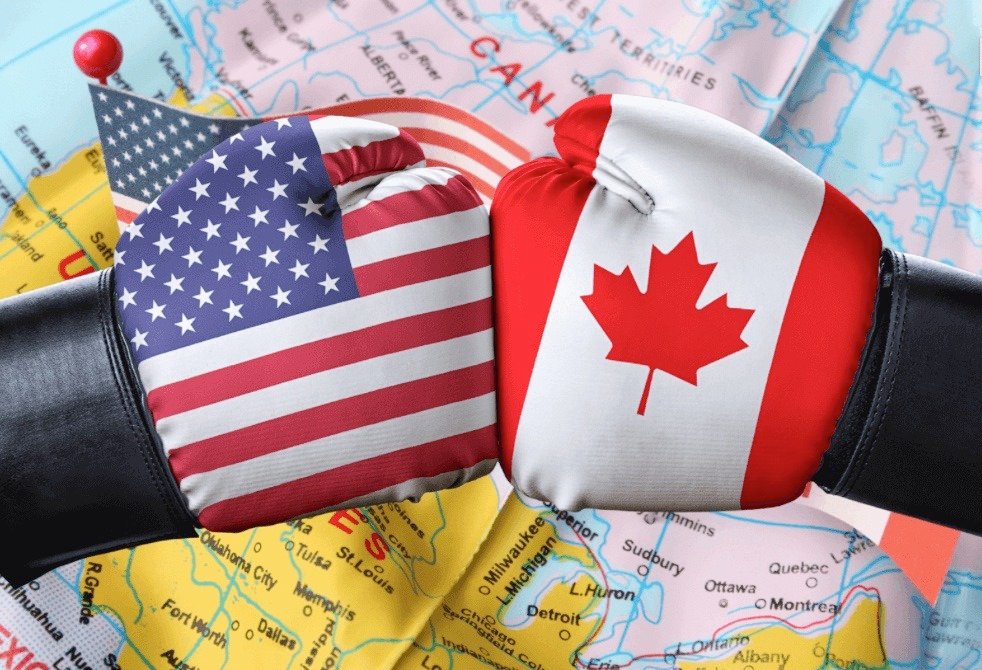U.S. President Donald Trump has announced a sharp escalation in trade tensions with Canada, declaring a 35% tariff on Canadian imports starting August 1 — up from the previous 25%. In a letter posted to his social media platform and addressed to Canadian Prime Minister Mark Carney, Trump warned the rate could climb further if Canada retaliates.
The move deals a blow to Carney, who has been pushing for a new trade agreement with Washington by July 21. While key provisions under the existing USMCA trade pact remain untouched for now, other items — particularly those outside the agreement — are now in the crosshairs.
Trump’s letter accused Canada of allowing the flow of fentanyl into the U.S. and maintaining trade barriers that hurt American industries, especially dairy. He hinted that any cooperation from Canada on fentanyl enforcement might lead to a possible adjustment of the tariff policy.
While energy and fertilizer tariffs remain at 10% and are currently unchanged, broader 15–20% blanket tariffs are expected to be imposed on most U.S. trading partners in the coming weeks. Countries like Japan and South Korea are already facing new levies, and Trump suggested that all remaining trade partners should prepare for similar measures.
Trump’s push for higher tariffs is tied to his claims that trade deficits are undermining U.S. economic and national security interests. Canadian officials have pushed back on the fentanyl claims, stating that only a tiny fraction of the drug originates from Canada, and noted ongoing border enforcement efforts.
Canada remains the second-largest U.S. trading partner after Mexico and is the top buyer of U.S. goods. Despite the rising tensions, Trump left the door open for future negotiations, stating that tariffs may change “depending on our relationship with your Country.”
This latest move follows Trump’s abrupt end to trade talks last month after Canada proposed a digital services tax on U.S. tech firms — a proposal that was quickly dropped. Carney’s office has yet to comment on the new tariffs, but the announcement threatens to complicate an already delicate cross-border economic relationship.






0 Comments